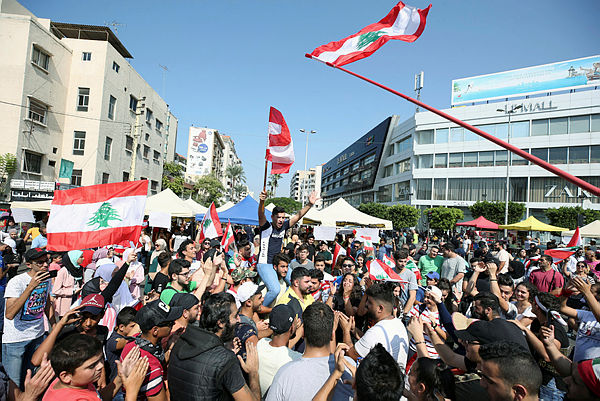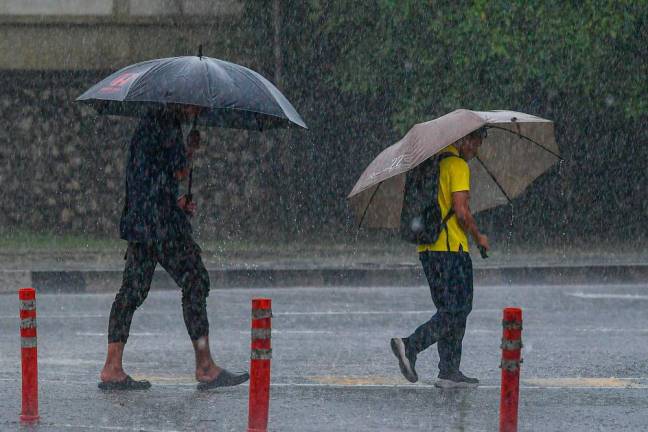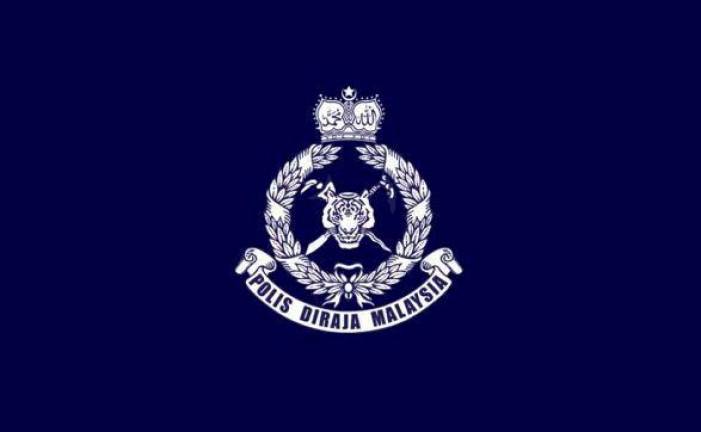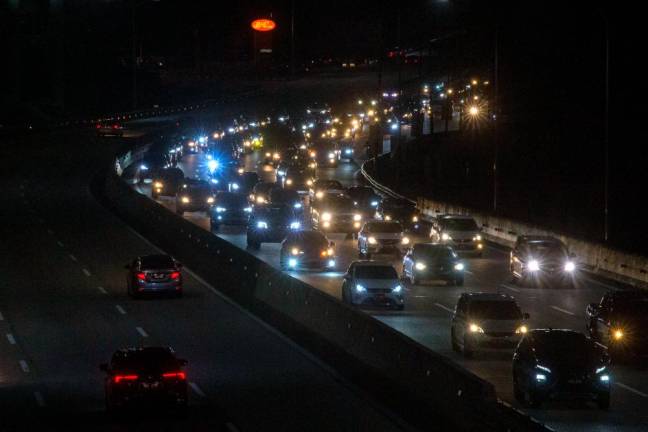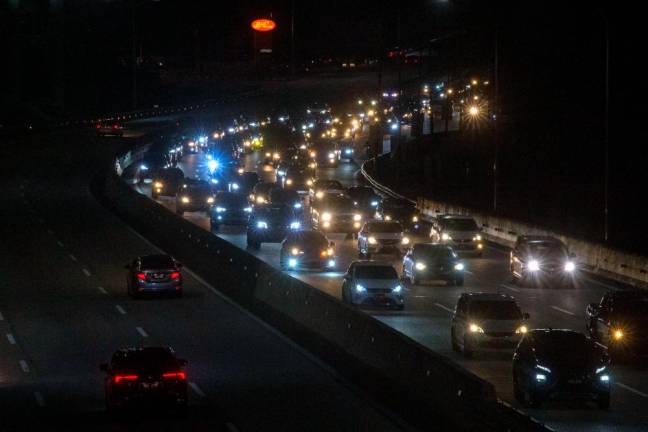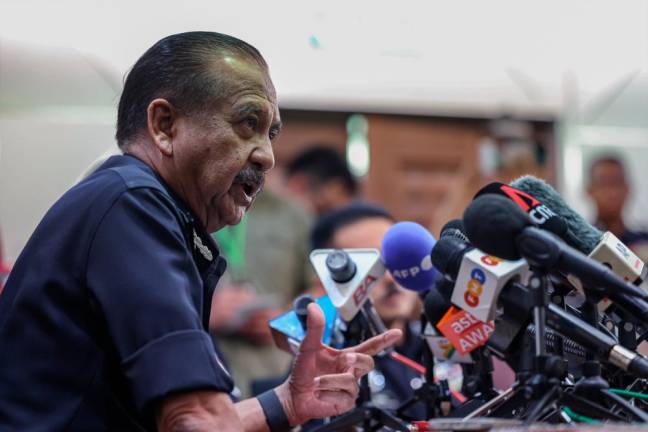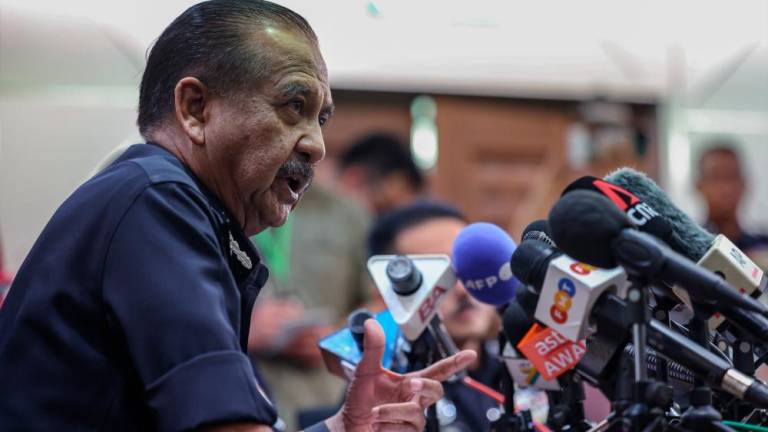BEIRUT: Hundreds gathered in Lebanon Saturday for a third day of protests against tax increases and alleged official corruption after the security forces made dozens of arrests.
Crowds began gathering in front of the seat of government in the capital Beirut around lunchtime, with many waving billowing Lebanese flags.
The protesters are demanding a sweeping overhaul of Lebanon’s political system, citing grievances ranging from austerity measures to poor infrastructure.
They have crippled the capital Beirut and threatened to topple the country’s fragile coalition government.
The protests, which politicians uncharacteristically admitted were spontaneous, gripped all parts of the country.
In the northern city of Tripoli, Lebanon’s second largest, demonstrator Hoda Sayyur was unimpressed by the contrition some leaders displayed on television and echoed a widely held hope that the entire political class would go down.
“They took all our fundamental rights ... We are dying at hospital gates,“ the woman in her fifties said.
“I will stay in the street ... Since I was born, we’ve been spectators to their quarrels and corruption,“ she said.
Ultimatum
In Beirut, troops reopened blocked highways after security forces used tear gas and water cannons to disperse a huge crowd of protesters who had gathered in the heart of Beirut on Friday evening.
The Internal Security Forces said 70 arrests were made on accusations of theft and arson.
Prime Minister Saad Hariri has given his deeply divided coalition until Monday evening to give their backing to a reform package aimed at shoring up the government’s finances and securing the disbursement of desperately needed economic assistance from donors.
Hariri’s political rival, Hezbollah leader Hassan Nasrallah, gave his first response on Saturday, telling protesters their “message was heard loudly” and calling for political action.
In a thinly veiled criticism of Hariri, Nasrallah condemned those who had renounced their “responsibilities and were blaming others.”
But he warned against demanding resignation of the government, saying it could take a long time to form a new one and solve the crisis.
The current unity government has the backing of most Lebanese political parties, including Hezbollah.
Karim el Mufti, a Lebanese political scientist, said Hezbollah, which is fighting in neighbouring Syria alongside the government of Bashar al-Assad, wanted to avoid potential chaos at home.
One protester, having heard Nasrallah’s speech, told a local television channel “Lebanon is more important than Syria.”
‘Used to repression’
Groups of young people gathered on the streets of the capital during the morning collecting tyres and other material to make improvised roadblocks, AFP correspondents reported.
Parts of central Beirut looked like a war zone, littered with broken glass, overturned litter bins and the remains of burning tyres. Banks and many restaurants and shops remained closed.
A team of workers in grey jumpsuits was dispatched to clean up the debris near parliament, even as around a dozen protesters chanted “Revolution, revolution”.
The demonstrations first erupted on Thursday, sparked by a proposed 20 cent tax on calls via messaging apps such as WhatsApp.
Such calls are the main method of communication for many Lebanese and, despite the government’s swift abandonment of the tax, the demonstrations quickly swelled into the largest in years.
Thousands of people of all ages, sects and political affiliations brought the capital to a standstill on Friday, before security forces dispersed them.
Minor clashes continued after dark, pitting groups of young men against security forces, an AFP reporter said.
One protester in the southern city of Nabatieh, a Hezbollah stronghold, vowed to continue protesting.
“They are trying to portray us as a mob, but we are demanding our rights,“ he told a local television channel.
“We are used to repression.”
Lebanon has one of the highest public debt burdens in the world and the government is trying to reach agreement on a package of belt-tightening measures to cap the deficit in next year’s budget.
The promised austerity moves are essential if Lebanon is to unlock US$11 billion in economic assistance pledged by international donors last year.
Growth has plummeted in recent years, with political deadlock compounded by the impact of eight years of war in neighbouring Syria.
Lebanon’s public debt stands at around US$86 billion — more than 150% of gross domestic product — according to the finance ministry. — AFP



